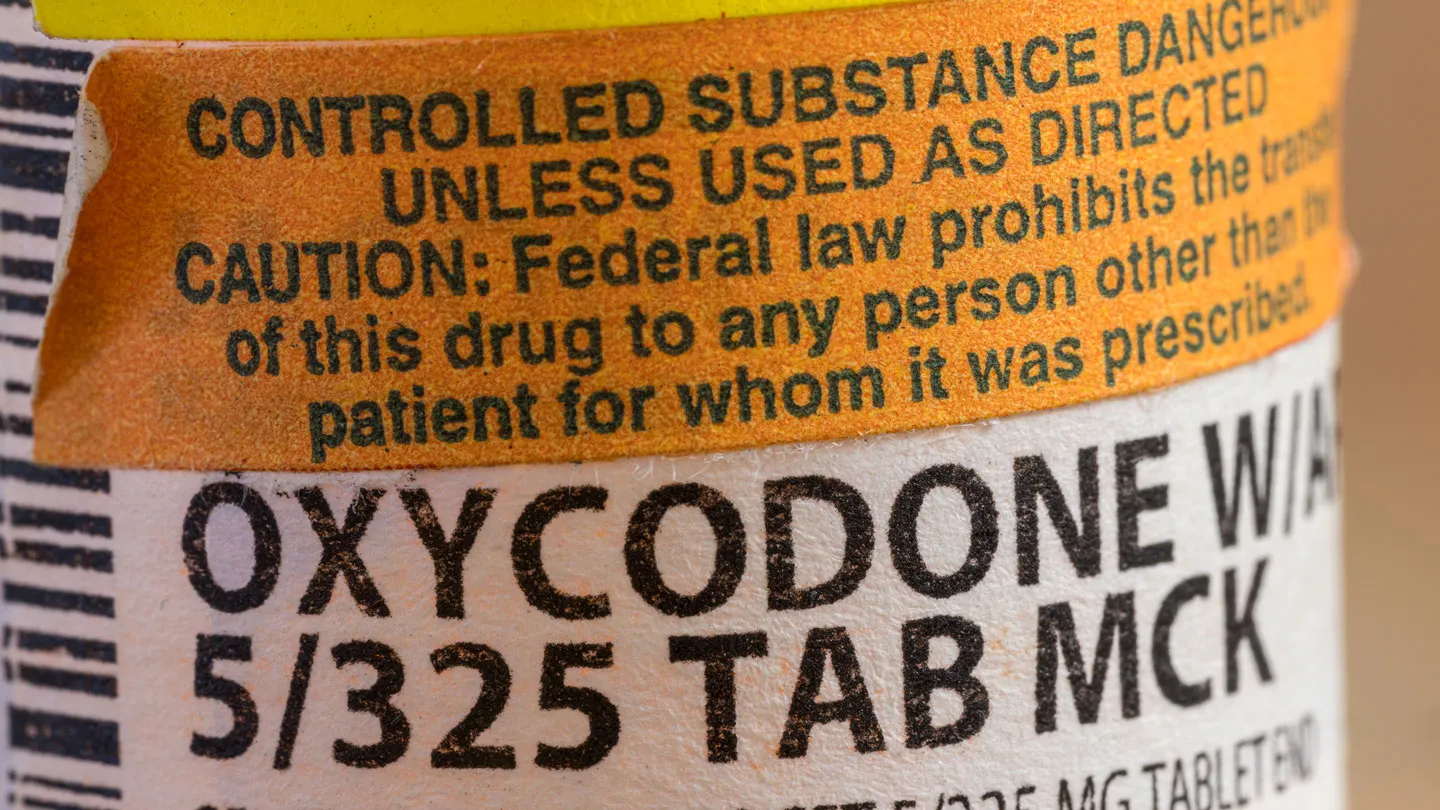Semaglutide's Potential Impact on Opioid Use Disorder and Addiction

Breakthrough Research on Semaglutide
A recent study has uncovered that semaglutide, a medication primarily prescribed for type 2 diabetes, may significantly impact opioid addiction. Researchers found that individuals using semaglutide showed a marked reduction in opioid overdose incidents.
Key Findings
- Semaglutide's Role: This medication influences appetite regulation, which can also affect addiction behaviors.
- Participants using semaglutide reported lower cravings for opioids.
- The study suggests further exploration into semaglutide as a dual-purpose treatment for diabetes and addiction.
Implications for Treatment
Integrating semaglutide into treatment protocols may provide healthcare providers with a novel tool in combating opioid overdoses. As opioid use disorder continues to be a pressing health crisis, finding innovative solutions like semaglutide is crucial.
Disclaimer: The information provided on this site is for informational purposes only and is not intended as medical advice. We are not responsible for any actions taken based on the content of this site. Always consult a qualified healthcare provider for medical advice, diagnosis, and treatment. We source our news from reputable sources and provide links to the original articles. We do not endorse or assume responsibility for the accuracy of the information contained in external sources.
This article was prepared using information from open sources in accordance with the principles of Ethical Policy. The editorial team is not responsible for absolute accuracy, as it relies on data from the sources referenced.